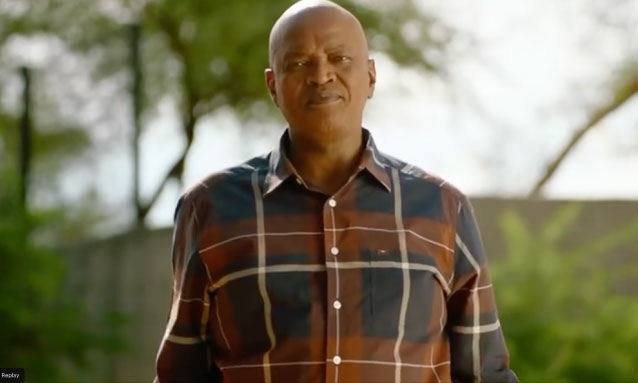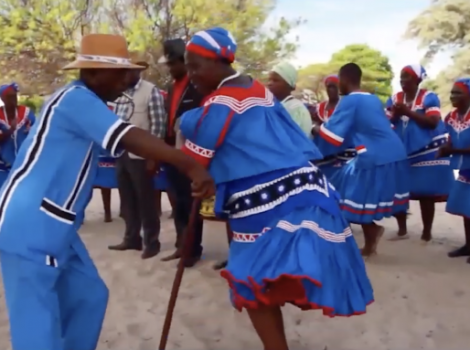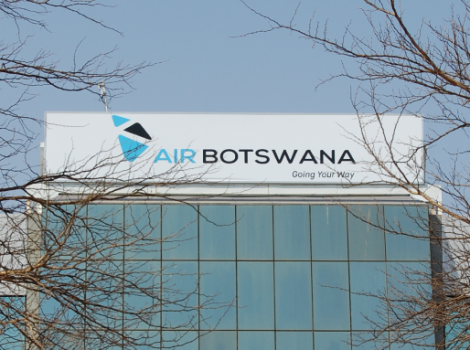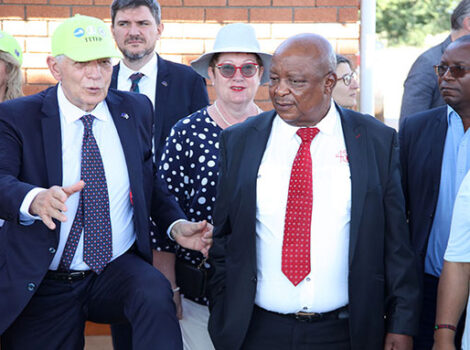
15 June 2024
- Botswana President Mokgweetsi Masisi is starring in a video that is launching his party’s National Assembly election campaign – featuring a small crowd of street protesters.
- In the short film, he promises to uphold the ban on vegetable imports, mostly from South Africa, to 2025.
- Botswana is due to hold general elections in October.
Botswana President Mokgweetsi Masisi has put his acting skills to the test in a two-minute short film showcasing the achievements of the first five years of his administration, ahead of the country’s general elections in October 2024.
His Botswana Democratic Party has been in power since independence in 1966.
The short film might as well be an election manifesto, as he addresses questions from supposed opposition supporters who feel that he has underperformed – giving him a chance to make forward-looking pledges, such as maintaining a ban on vegetables from South Africa.
In January 2022, Botswana imposed a two-year ban on vegetable imports, 80% of which came from South Africa. The 16-item list is due to be reviewed in July, with more vegetables to be added.
In the video, Masisi promises to push the ban into 2025 while he addresses a question from a female demonstrator.
“I will continue reducing it until 2025. You will make money,” he said.
He also makes a promise on livestock theft, which is rampant in Botswana, leading to the nationwide Kgomo-Khumo Operation.
In the video, Masisi faces a demand for security for livestock.
The president replies: “I am protecting livestock. At the moment I have released over 5,000 goats and given them to 950 farmers.”
Asked what he has done to promote cattle farmers, Masisi is ready with figures on the animals supplied by his government.
Asked about infrastructure development, he highlights widespread availability of the internet, which World Bank figures hold is available to 73.5% of Botswana.
When the crowd disperses, without further questions, Masisi is left alone on set. He then talks about his employment creation drive, youth empowerment, allocation of land and access to water.
Masisi also talks about how he has contained electricity prices in the past five years – even though, in 2020, Botswana hiked electricity charges by 22% to help a then loss-making Botswana Power Corporation.



